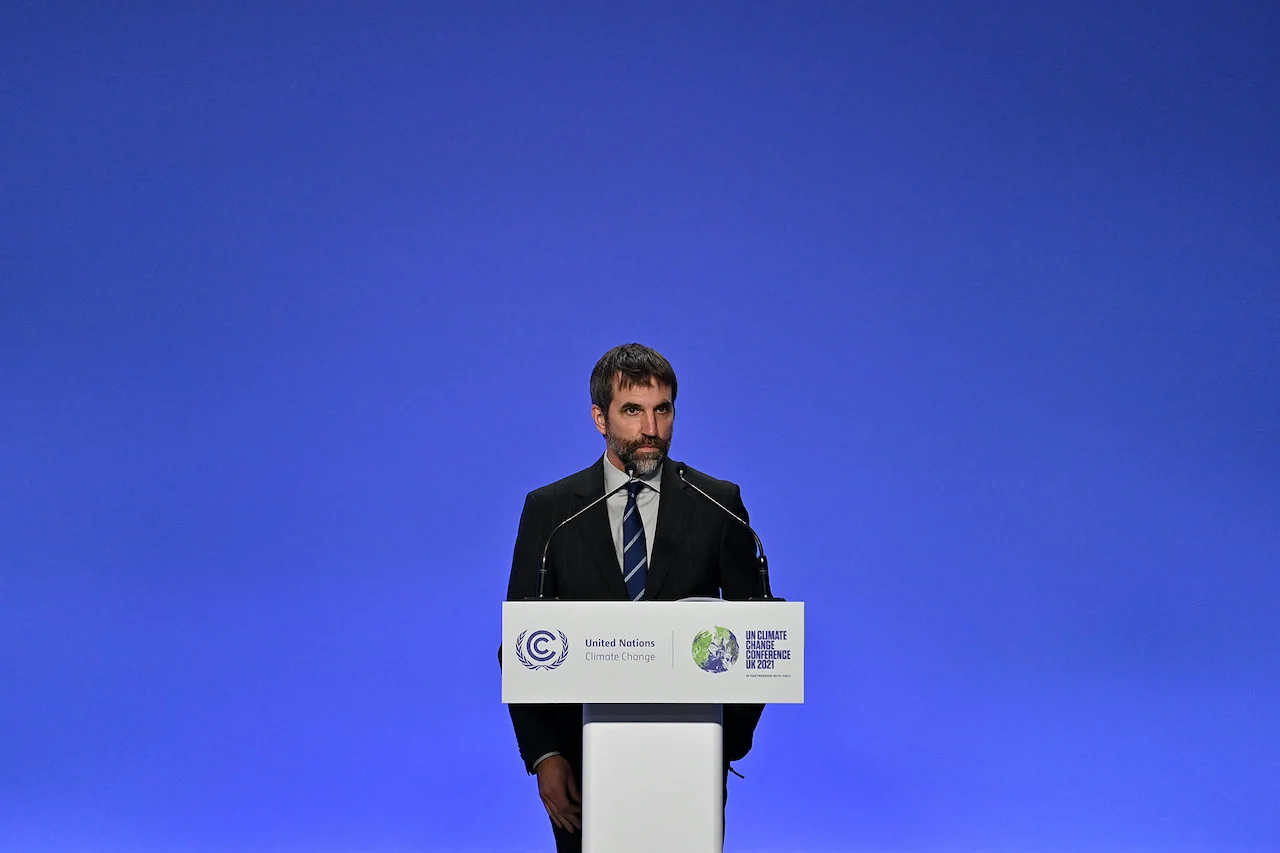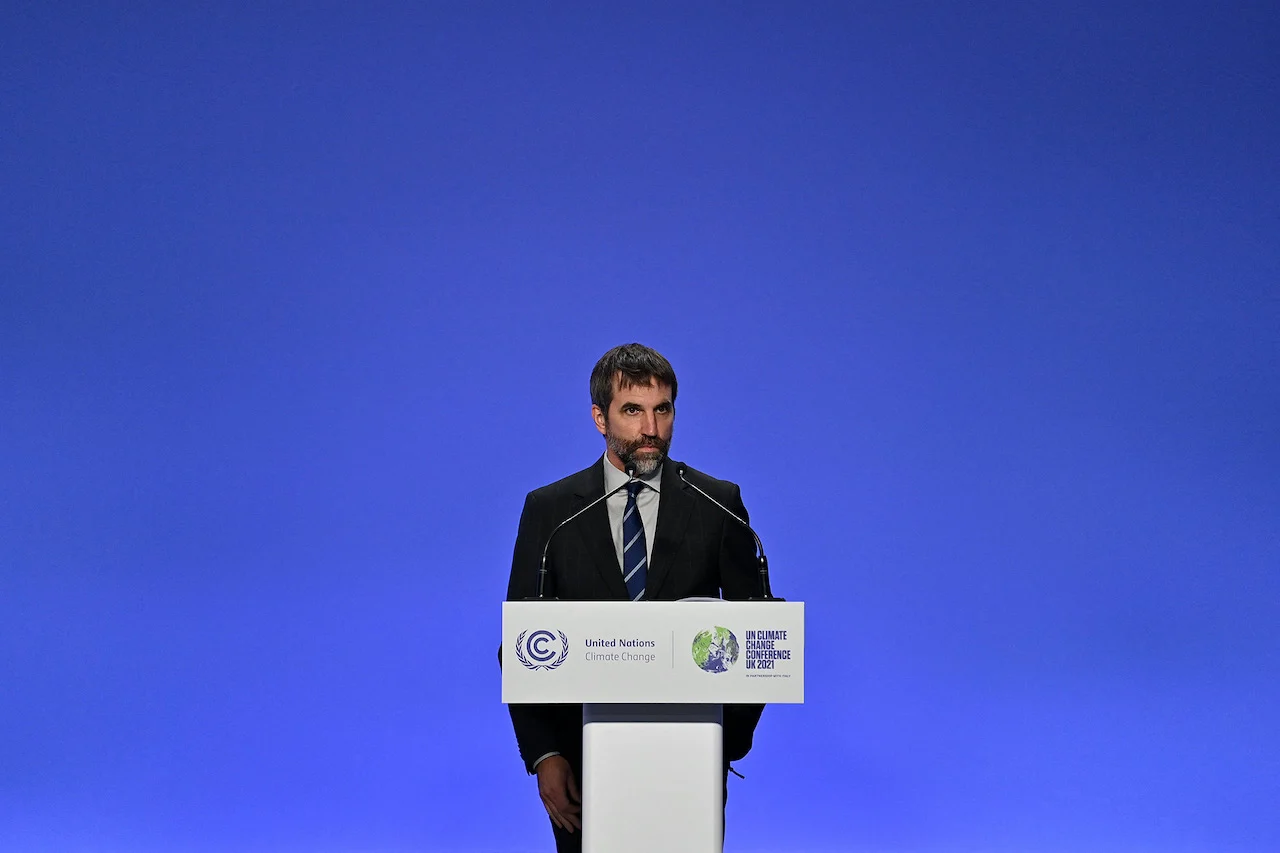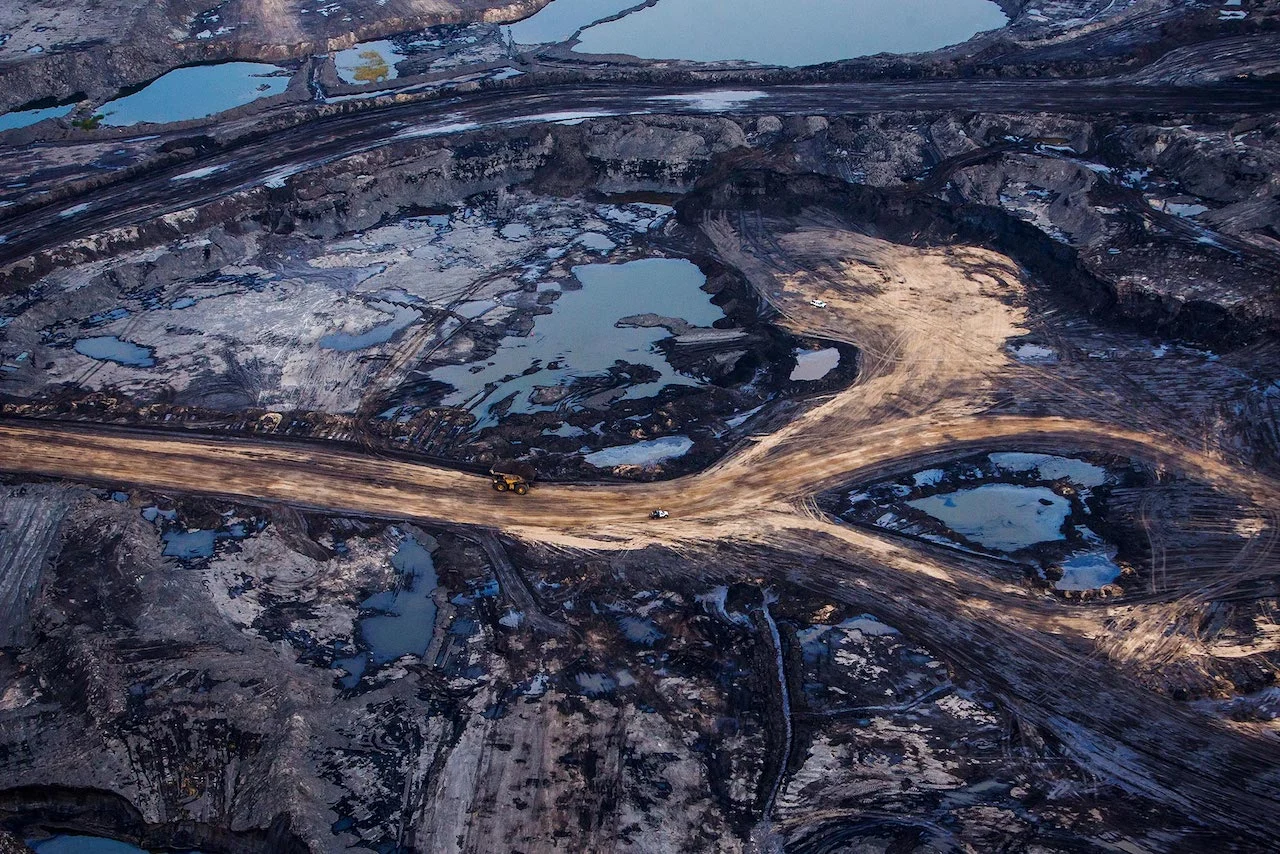
Final commitment needed at COP26 for road ahead
Cautious hope and simmering frustration as COP26 comes to a close.
The climate summit in Glasgow came to a close on Friday after two weeks of hopeful planning and promises, as well as frustration among many that this key opportunity was wasted.
For Canada, COP26 wrapped with a press conference delivered by Minister of the Environment, Steven Guilbeault, who emphasized the government’s recent accomplishments on climate policy.
RELATED: COP26 pledges represent historic reduction in projected global warming
Minister Guilbeault said, “I think it’s important for Canadians to take some quiet pride in the fact that over the past few years we have accomplished a lot…to put Canada on the path to achieve the kinds of emission reduction we’ve been promising since the nineties and too often have failed to deliver.”
He stated, for example, that when Canada, “one of the four-largest oil and gas reserves in the world,” makes a commitment to cap oil and gas emissions at current levels “the world takes notice.”
Of the commitments Canada made over the past two weeks, Minister Guilbeault expressed optimism that important progress was made, and revealed that he is planning to travel across the country by train to discuss how best to implement “the agenda Canadians set for us.”

Canada's Minister of Environment and Climate Change, Steven Guilbeault speaks during a press conference at the COP26 Climate Change Conference in Glasgow on November 12, 2021. A new draft COP26 statement called on nations to ease reliance on fossil fuels and boost funding to help vulnerable nations face the climate crisis as talks entered their final hours on Friday. (PAUL ELLIS/AFP via Getty Images)
With a hint of lowering expectations, however, he admitted that this mandate is “extremely ambitious,” and some of the minister’s remarks were clearly an attempt to pre-empt harsh criticism or a response to it.
One issue that has riled climate experts concerns the government’s seeming unwillingness to take a hard stand against fossil fuels subsidies, an issue with weighty political implications.
While activists have been pushing to have the phase-out of such subsidies enshrined as a key goal in the COP26 final text—the diplomatic document to define the road ahead—there has been push back from fossil fuel producing nations like Saudi Arabia and Australia.
Minister Guilbeault, a former activist himself, claimed “Canada is in favour of having a text that states that we need to eliminate fossil fuel subsidies,” and he agreed that “a timeline should be put in there.”
But in a letterto Minister Guilbeault, the Climate Action Network (CAN) calls on Canada to champion certain key elements absent from some versions of the COP text, including what they refer to as “the elephant in the room”: phasing out coal and fossil fuel subsidies.
The letter notes that “this is the first-ever mention of the necessity to phase out and stop subsidizing fossil fuels in COP text and would represent a significant achievement.”

Aerial view of the Athabasca oil sands near Fort McMurray, Alberta, Canada (Ben Nelms/Bloomberg/via Getty Images)
A poll taken in October found that 62 per cent of Canadians favour the federal government putting in place a plan to end subsidies to the oil and gas sector.
Other elements that CAN demands be added to or kept in the final text include addressing the finance gap and a consideration of nations’ obligations to “human rights, the right to health, the rights of Indigenous Peoples, local communities, migrants, refugees, racialized communities, children,” and others.
“Throughout COP26, so-called global leaders have been negotiating the future of our children and planet,” stated Eriel Deranger, Executive Director of Indigenous Climate Action (ICA), in response to Minister Guilbealt’s press conference.
“It’s become clear that peppering human rights and rights of Indigenous Peoples' language throughout articles and negotiations means nothing if they are also giving dirty corporations and high polluting nations ways to ‘offset’ their emissions by buying and trading the air and our lands and territories,” Deranger added.
Importantly, the letter emphasized the need to support Just Transition policy, which would enable fair and dignified transition for workers in the fossil fuel sector into new fields.
The criticisms, from CAN, ICA, and groups like Destination Zero, echo frustrations voiced at marches throughout the summit. Over the two weeks, protesters—including teen activist Greta Thunberg—have claimed that not enough was being done, that governments have hedged between policy commitments and politics, and that the voice of the people was not heard.
The hope and frustration continue regarding the culminating COP text, which is yet to be finalized, as of this writing.
“Glasgow offers an opportunity for the world to signal that we will fight tooth and nail for a liveable planet,” Eddy Pérez, the CAN International Climate Diplomacy Manager, said in a press release. “This draft only signals that we’ll continue fiddling while the world burns.”
“This is a test for Minister Guilbeault as Canada’s new Environment Minister,” Pérez added, while calling on the minister to “do everything in [his] power to ensure the Glasgow cover decision matches the state of emergency our world faces.”
Minister Guilbeault acknowledged the challenge that lies ahead. “We have our work cut out for us,” the minister admitted, “to make our commitment a reality.”
Thumbnail credit: PAUL ELLIS/AFP via Getty Images










